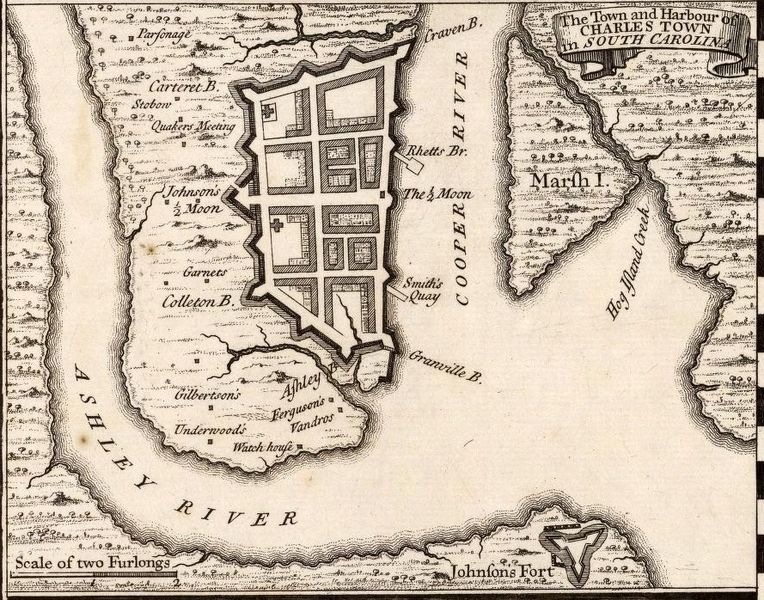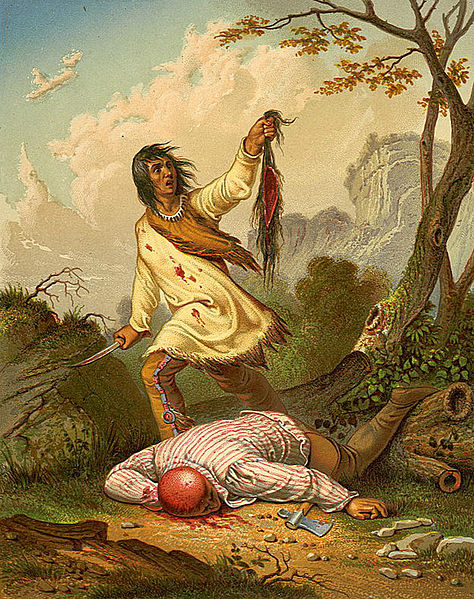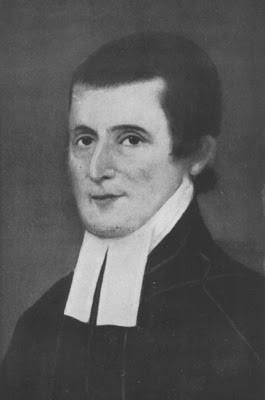- First Jew to hold a government position in the British colonies
- First Jew to die in the American Revolution
- Immigrated from London to Charleston, South Carolina
- Active participant in the South Carolina General Assembly
- Contributed to drafting the state’s constitution
- Advocated for independence and fair treatment of soldiers
- Warned of Native American attacks during the Revolutionary War
- Died heroically after sustaining gunshot wounds and being scalped
Francis Salvador, an extraordinary and courageous individual, holds a unique place in American history as the first Jew to hold a government position in the British colonies and the first Jew to sacrifice his life for the cause of American independence. His remarkable journey epitomizes the American dream, showcasing the resilience and determination of an individual rising above social and religious barriers to leave an indelible mark on the nation.
Early Life & Background: Seeking Freedom in America
Born in London in 1746, Francis Salvador belonged to a group of Jews in search of religious freedom. In 1733, his family joined 42 other Jews in emigrating to Savannah, Georgia, as part of the original settlers. However, due to Spanish threats to Georgia’s sovereignty, most of the Jewish community relocated to Charleston, South Carolina, for safety, where they established a vibrant settlement. The influx of Jews from Britain, Germany, the Netherlands, and the West Indies made it the largest Jewish colony in the New World until the 1830s.
Despite inheriting considerable wealth from his father’s passing at a young age, Salvador faced financial setbacks caused by the failure of the East India Company and other calamities. In 1773, seeking a fresh start, he immigrated to Charleston, leaving his wife and children behind in London.
American Revolution & Politics: A Revolutionary Spirit
Upon arriving in Charleston, Francis Salvador quickly immersed himself in the revolutionary fervor sweeping the colonies. Despite legal restrictions prohibiting Jews from holding office or voting, Salvador’s appointment to the South Carolina General Assembly in 1773 at the age of 27 signaled a new era of inclusiveness. He became the first Jew to hold public office in any of the English colonies.

Salvador’s political influence extended beyond his position in the General Assembly. He played an integral role in drafting South Carolina’s constitution and actively served on various committees. In 1774, he was chosen to represent South Carolina’s provincial congress, contributing to the crafting of a bill of rights and a letter of complaint to the royal governor, articulating their grievances against the king. Additionally, Salvador tirelessly advocated for persuading Tories to join the patriot cause.
During the second South Carolina provincial congress in 1775, Salvador remained a steadfast champion of independence, urging the colony’s delegates to the Continental Congress to vote for severing ties with England. He also advocated for fair payment to be provided to soldiers in the Continental army, recognizing the importance of supporting those fighting for freedom.
Soldier & Death: A Tragic Sacrifice
In early 1776, as tensions escalated, the British orchestrated an attack by their Native American allies on South Carolina’s frontier towns to divert attention from the impending redcoat assault on the coast. On July 1, 1776, the Indians launched their assault, prompting Francis Salvador to ride 28 miles to warn Major Williams of the imminent danger. He subsequently participated in engagements against the attacking forces.
Tragically, on July 31, 1776, Major Williamson captured two loyalists who led him and his men into an ambush orchestrated by their fellow loyalists and Native American allies. Salvador sustained multiple gunshot wounds and sought refuge in nearby bushes. Unfortunately, the Indians discovered him and scalped him. Despite the efforts to save him, Salvador succumbed to his wounds approximately 45 minutes later.

“He died, about half after two o’clock in the morning: forty-five minutes after he received the wounds, sensible to the last. When I came up to him, after dislodging the enemy, and speaking to him, he asked whether I had beat the enemy? I told him yes. He said he was glad of it, and shook me by the hand – and bade me farewell – and said he would die in a few minutes.”
Colonel William Thompson, who was present during the engagement, recalled Salvador’s final moments.
Francis Salvador’s untimely death marked a significant loss for the cause of American independence. His unwavering commitment, resilience, and willingness to fight for freedom against all odds exemplify the indomitable spirit that characterized the Revolutionary War era. As the first Jew to hold public office and sacrifice his life for the American Revolution, Salvador’s legacy stands as a testament to the enduring values of liberty and equality that continue to shape the nation.








Ohr HaChaim Yomi – Emor